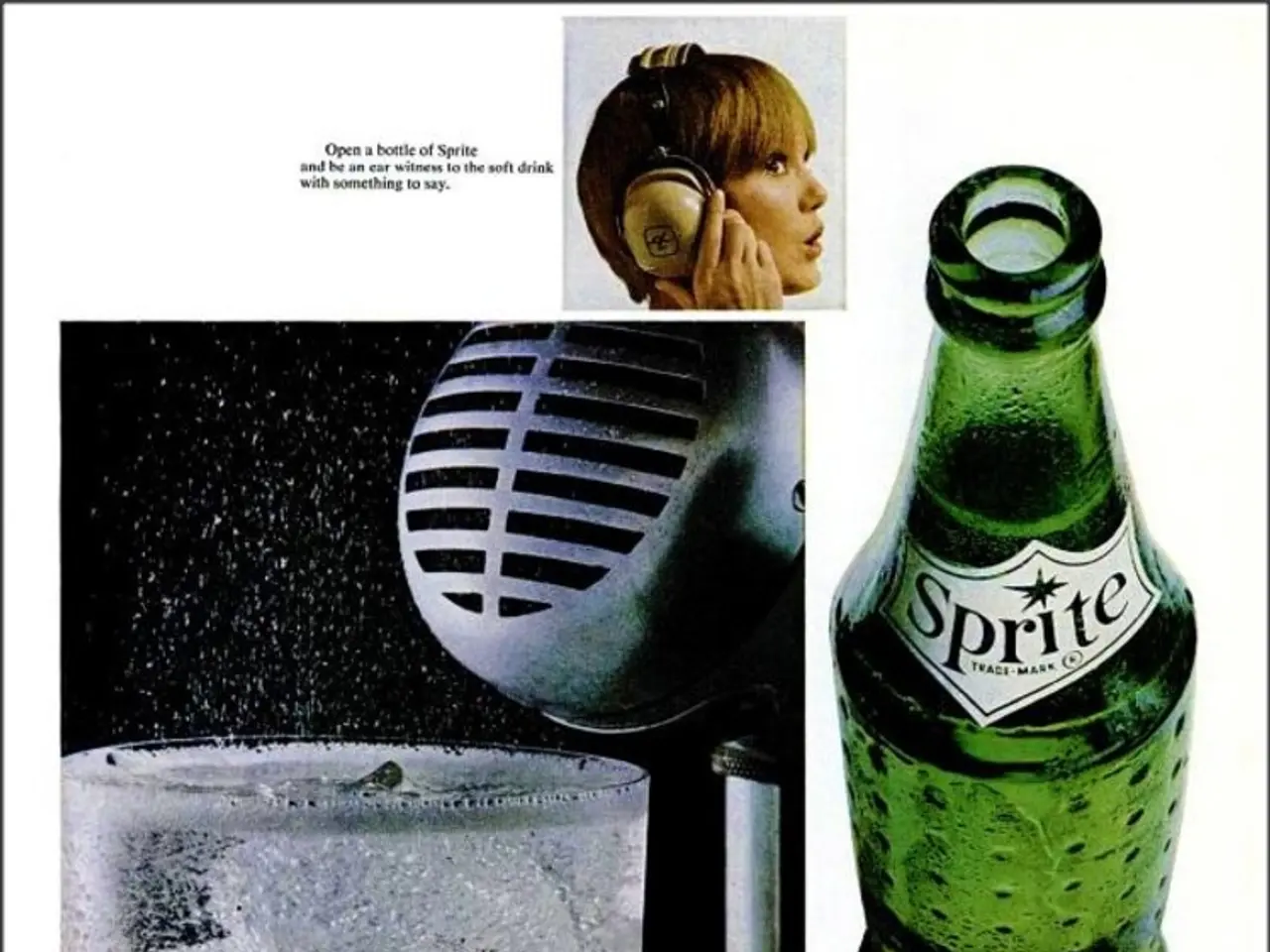Guide on Removing a Radiator and Proper Disposal Methods
In this article, we'll walk you through the process of removing and disposing of radiators, as well as provide some helpful tips and advice from heating and gas engineer, Mike Watkins, who works at Home Care Heating on the Wirral. With over 20 years of experience, Mike is an expert in his field and offers an all-inclusive price of £80 plus VAT to remove and dispose of a radiator.
Before you start, it's crucial to ensure your safety. Gather the necessary tools, which include an adjustable spanner, water pump pliers, radiator bleed key, bucket or container, plastic sheets, towels, a pair of gloves, and a rag.
- Turn off the heating system and let the radiators cool. This is the first step to prevent any accidents or burns.
- The second step is to isolate a radiator by turning off the valves on both sides. This will prevent any water from flowing out when you drain the radiator in the next step.
- The third step is to drain the radiators by opening the bleed valve and catching the water in a container. Make sure to empty the water completely to avoid environmental issues or mess.
- The fourth step is to disconnect the radiators from the valves and remove them from the wall brackets. Be careful during this process to avoid any damage to your walls or the radiators.
- To prevent leaks while moving, stuff a rag into each of the valves. This will help keep the system secure during transportation.
If you're dealing with multiple radiators, it's best to do so sequentially, starting from the nearest radiator and moving in the same direction.
Most trades offer radiator removal as part of their service, but if you prefer, Home Care Heating might offer a package deal for multiple radiators. Scrap metal dealers often take old radiators and might offer a small payment for the metal. However, some local recycling centres accept metal items, including radiators, but some may not accept older radiators.
It's important to ensure the radiators are fully drained of any water before disposal. If complications arise, the price might be slightly higher. If you're unsure about any part of the process, it's recommended to consult with or hire qualified plumbers or heating engineers, such as Mike Watkins at Home Care Heating.
In Germany, you can hire heating engineers (Heizungsbauer) or plumbers (Sanitärinstallateure) to remove and dispose of a hot water heating system or radiators. These professionals handle installation, repair, and removal of heating and sanitary systems.
The average cost for a professional to remove and dispose of a radiator can vary based on location, size, and potential complications, averaging £139 per hour plus VAT. So, whether you're tackling the project yourself or hiring a professional, be prepared for a safe and efficient radiator removal process.
Read also:
- Query: Obtain information from Justin Peterson, Digital Content Production Director
- Car Manufacturers in the EU Voice Impracticality of Internal Combustion Engine Ban
- Around a third of general practitioners (GPs) have not previously worked for the National Health Service (NHS) or have left their positions.
- Key insights from Draghi's tech-focused discourse:




